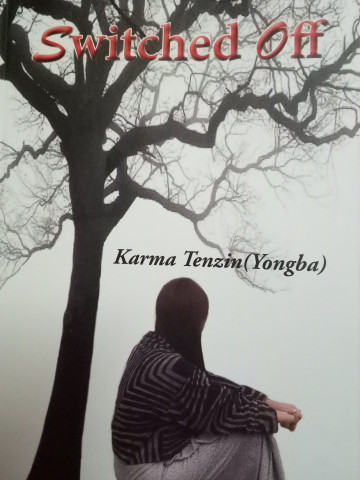The poor deity there must be overwhelmed. His ears must be ringing with a million prayers, mostly selfish ones. He must be the most confused-deity in the country; Two persons competing for one job slot are both visiting him and seeking his help, whom should he favour? If it was based on merits then why go to him?
In this mysterious scheme of seeking the attention of the divine one at Dechenphug, I suggest you approach things slightly differently. Make it easy for him to notice you in the maddening crowd; Just help Azha Lhagay, the cleaner, sweep the huge courtyard and the long winding footpath from the parking to the temple. Help him clean the toilet that's hidden behind the lam's residence. Help him uproot weeds from between the stone slabs, this has been bothering him every season. I gave him an idea to pour either bleaching power or used-engine oil between the slabs to prevent weeds from flourishing.
Take toilet paper rolls and soap instead of dalda and incense sticks. Don't do what thousands are already doing. Being the most visited temple, there is Dalda overdose. Do something different to be noticed.
Thousands come there, but only a few return with blessings. If you want to be among the blessed ones, help do some necessary chores for Ap Gayney. Excite the divine one, impress him and seek his favour.
Ap Lhagay is the lone cleaner at the temple. He is a grateful person who got this job as a Royal Kidu. He says he can't even offer a spoonful of butter as an offering to Ap #Gayney but he serves by cleaning the home of the divine with all his heart. He says, he would be so grateful if some young visitors could help him with his chores at times.




















